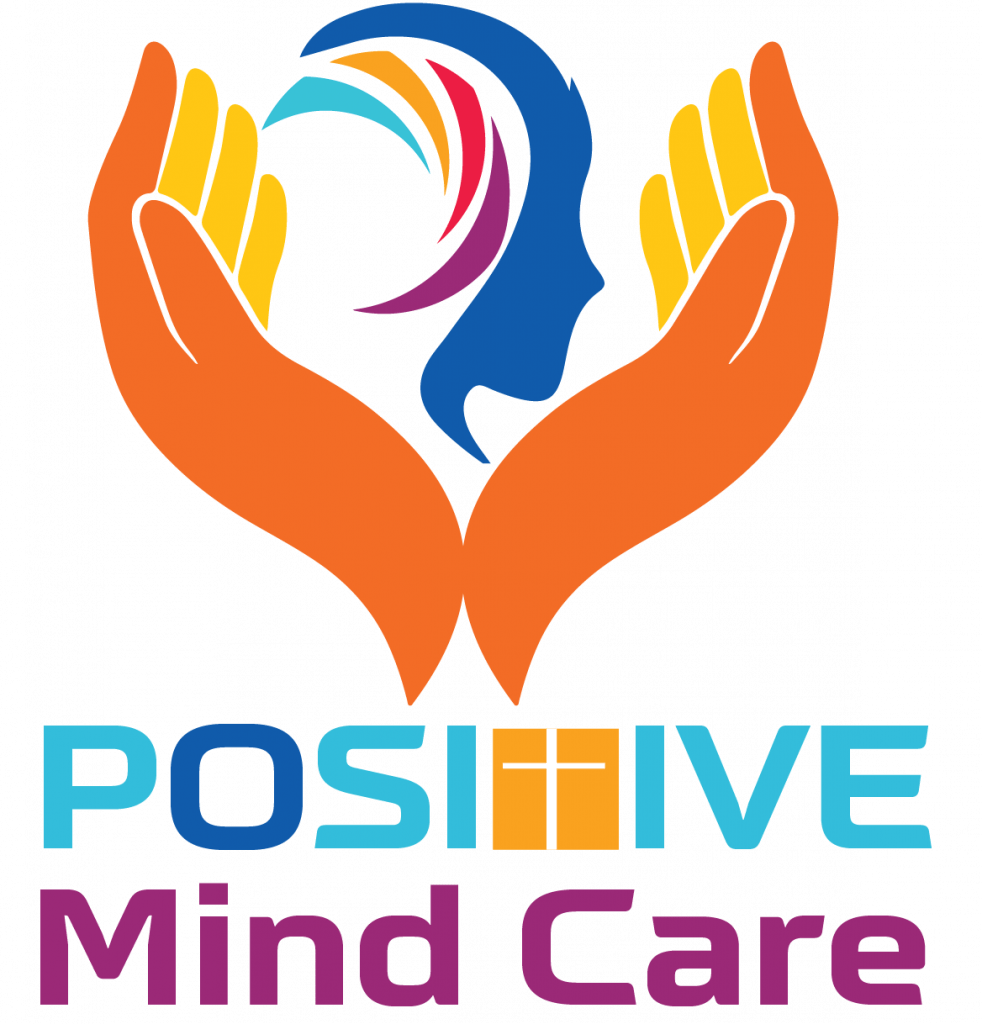Bipolar disorder, also known as manic-depressive illness, is a mental health condition characterized by extreme mood swings that fluctuate between manic episodes and depressive episodes. During manic episodes, individuals experience heightened energy, euphoria, impulsivity, and a decreased need for sleep. Depressive episodes, on the other hand, involve feelings of sadness, hopelessness, loss of interest, and changes in appetite and sleep patterns. These mood swings can significantly disrupt daily functioning, relationships, and overall well-being. Bipolar disorder is a chronic condition that requires long-term management through medication, therapy, and lifestyle adjustments.
Medication is a cornerstone of bipolar disorder treatment, primarily aimed at stabilizing mood swings and managing symptoms. Mood stabilizers, such as lithium, valproate, or lamotrigine, are commonly prescribed to regulate mood and prevent or reduce the severity of manic and depressive episodes. Additionally, atypical antipsychotic medications, such as quetiapine or risperidone, may be used to address psychotic symptoms associated with bipolar disorder. In some cases, antidepressants may be prescribed alongside mood stabilizers, but careful monitoring is necessary to avoid triggering manic episodes.
Therapy is an essential component of bipolar disorder treatment. Different therapeutic approaches, such as cognitive-behavioral therapy (CBT), dialectical behavior therapy (DBT), or psychoeducation, can help individuals understand their condition, identify triggers, develop coping strategies, and manage stress. These therapies provide tools to challenge negative thought patterns, regulate emotions, and improve problem-solving skills. Family therapy and support groups can also be beneficial in improving communication, strengthening relationships, and providing a support network for both individuals with bipolar disorder and their loved ones. Making positive lifestyle modifications is crucial in managing bipolar disorder. Establishing a regular sleep schedule, engaging in regular physical exercise, and maintaining a balanced diet can contribute to mood stability. Avoiding alcohol and drugs is essential, as they can worsen symptoms and interfere with medication effectiveness. Stress management techniques, such as mindfulness, relaxation exercises, and time management, help individuals cope with stressors and reduce the risk of episodes. Prioritizing self-care, engaging in hobbies, and maintaining a structured routine can also foster stability and enhance overall well-being. Developing a support system is vital for individuals with bipolar disorder. Connecting with understanding friends, family members, or support groups can provide emotional support, encouragement, and a sense of belonging. Peer-led programs and online communities also offer opportunities for individuals to share experiences and gain valuable insights. Seeking professional help from psychiatrists, therapists, or counselors who specialize in bipolar disorder can provide guidance and ensure comprehensive care.
Bipolar disorder treatment requires a multifaceted approach that combines medication, therapy, lifestyle adjustments, and supportive networks. With a personalized treatment plan, individuals with bipolar disorder can manage their condition effectively and lead fulfilling lives.
A non-invasive therapy called Deep transcranial magnetic stimulation (Deep TMS) has shown potential in treating bipolar disorder. Deep TMS attempts to control neural activity, lowering depressive symptoms and stabilizing manic episodes by focusing on specific brain areas involved in mood regulation. It offers a viable supplementary therapy or alternative for people who have not reacted effectively to conventional treatment approaches.



